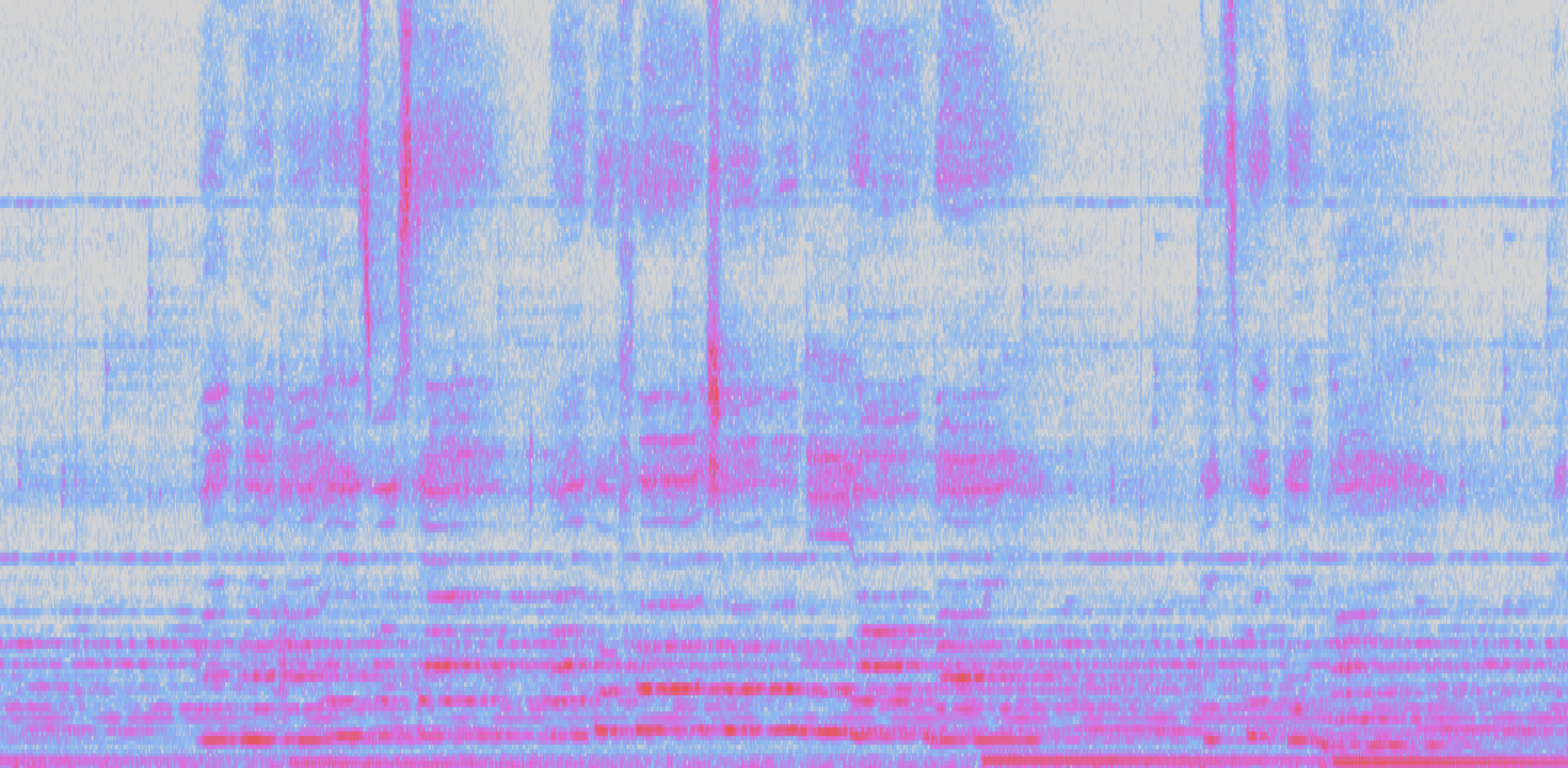
LEARNING OUTCOMES
On this course the student learns to:
1) Examine the topic of silence through artistic, academic and scientific attention.
2) Recognize how diversely silence functions in social situations, and how silence and silencing affect our personal experiences and communication.
3) Connect theoretical thinking and multimodal practices to creativity, personal perceptions, expertise, and daily experiences.
Credits: 3
Schedule: 11.01.2022 - 15.02.2022
Teacher in charge (valid for whole curriculum period):
Teacher in charge (applies in this implementation): Annika Sohlman, Tim Smith
Contact information for the course (applies in this implementation):
annika.sohlman@aalto.fi
CEFR level (valid for whole curriculum period):
Language of instruction and studies (applies in this implementation):
Teaching language: English. Languages of study attainment: English
CONTENT, ASSESSMENT AND WORKLOAD
Content
valid for whole curriculum period:
What if one should observe silence like one observes the weather?
The idea of the course is to understand the diversity of silence through contemporary discussions and transdisciplinary observations. In class, through the shared exercises, discussions, and readings, we focus on 1) how silence informs artistic, scientific and creative practices 2) how silence plays a part in societal and individual experiences 3) how silence can be examined through artistic, academic and scientific attention. The coursework includes group work and one course session is spent on a silence themed excursion. During the course, the students keep a logbook similar to a weather book in order to document their observations connected to silence. For the final project, the logbooks of the students are assembled together to a shared publication.
NOTE: The independent work includes a written pretask that helps me to estimate the group's needs and the final content of the course. Even though the course has an emphasis on artistic practices, this field is not required to be the study or research field of the participants.
Assessment Methods and Criteria
valid for whole curriculum period:
Attendance and participation 50%
Group exercises 10%
Logbook 20%
Final project 20%
Workload
valid for whole curriculum period:
6 x 3h contact teaching 18h; 40 h independent work that includes readings prior to meetings, keeping a logbook, and preparing for a group exercise; 21 h final project.
80% attendance required
applies in this implementation
COURSE OVERALL WORKLOAD
1 h = Independent pretask
18h = Contact/hybrid teaching (6x3h from which two meetings compensated/independent)
21 h= Final work
29 h = Thinking and reflecting (5h/week),
4h = Letter exhange (1h/week for 4 weeks)
12h = Reading/watching/adding materials from/to the library (2h/week)
(3x 27= 81h)
COMPENSATED WORK 3h
Lectures:4x25 min=100 min
Notes: 4x20 min= 80 min 180 min
INDEPENDENT/GROUP WORK 40 h
Letter exchange 4x 60 min= 240 min 4 h
+ library work 6x120 min= 360 min. 12h
29 h Thinking and reflecting + Commenting on others work on IG
FINAL WORK 21 h
Independent silent excursion and visual/audio report
DETAILS
Study Material
valid for whole curriculum period:
Predetermined readings deal with the fields of art, academics and science. They relate to silence, artistic processes and research as well as they present contemporary fields of studies such as studies on posthumanist and feminist thinking. However, the readings are open to change according to the wishes or expertise of the course participants. The course exercises use observation as a method to approach the different themes within Aalto University from performance arts to laboratory work.
Substitutes for Courses
valid for whole curriculum period:
Prerequisites
valid for whole curriculum period:
SDG: Sustainable Development Goals
10 Reduced Inequality
17 Partnerships for the Goals
FURTHER INFORMATION
Further Information
valid for whole curriculum period:
UWAS course selection criteria: Registration order is not the primary selection criteria for this course. In order to ensure that students from different programs and schools of Aalto University may take UWAS courses, the selection is also based on the variety of students' disciplines. Master's students are also welcome.
Minimum amount of students: 7
Teaching Period:
2020-2021 Spring III
2021-2022 Spring III
Course Homepage: https://mycourses.aalto.fi/course/search.php?search=UWAS-C0063
Registration for Courses: Sisu replaces Oodi on 9 August, 2021. Priority order to courses is according to the order of priority decided by the Academic committee for School of Arts, Design and Architecture: https://www.aalto.fi/en/services/registering-to-courses-and-the-order-of-priority-in-aalto-arts
WebOodi
Details on the schedule
applies in this implementation
COURSE SCHEDULE
SCHEDULE
- Pretask
- DL 10th of JAN
- Doodle DL 10th of JAN
- 1st meeting: 11th JAN, 180 min/3h contact
Compensating work between the meetings:
- 45 min: watching a video presentation + taking notes
- 60 min: keeping a letter exchange with another student(s) + visiting the course resource library
- 2nd meeting: 18th JAN, 180 min/3h contact
Compensating work between the meetings:
- 45 min: watching a video presentation + taking notes
- 60 min: keeping a letter exchange with another student(s) + visiting the course resource library
- 3rd meeting: 25th JAN, 180 min/3h contact
Compensating work between the meetings:
- 45 min: watching a video presentation + taking notes
- 60 min: keeping a letter exchange with another student(s) + visiting the course resource library
- 4th meeting: 1st FEB, 180 min/3h contact
Compensating work between the meetings:
- 45 min: watching a video presentation + taking notes
- 60 min: keeping a letter exchange with another student(s) + visiting the course resource library
- 5th meeting: 8th of FEB, independent meeting 3h (c. 180 min)
Independent assignment:
- Group/pair work: Visualizing the letter exchange
- Uploading to course (IG?) platform
- Library
- 6th meeting: 15th of FEB, the compensated meeting 3h (c. 180 min)
